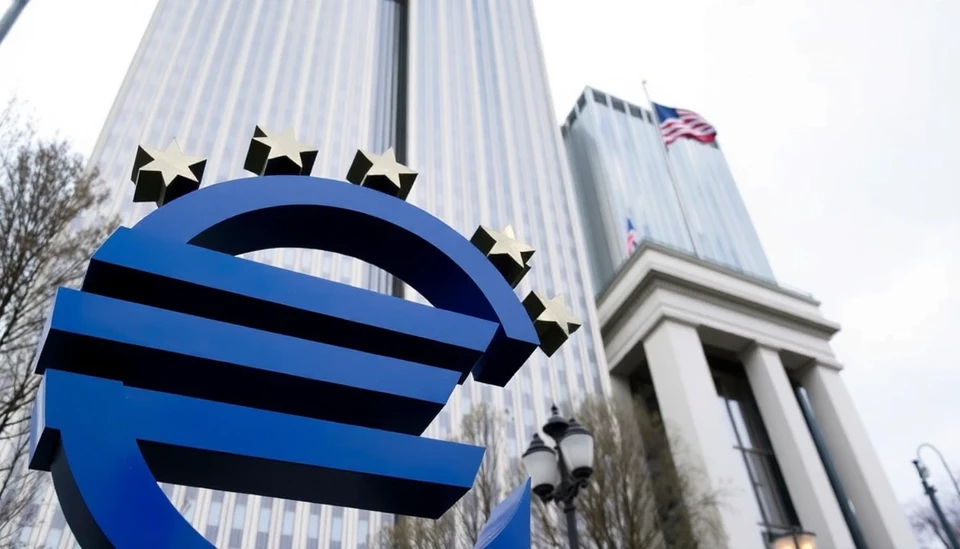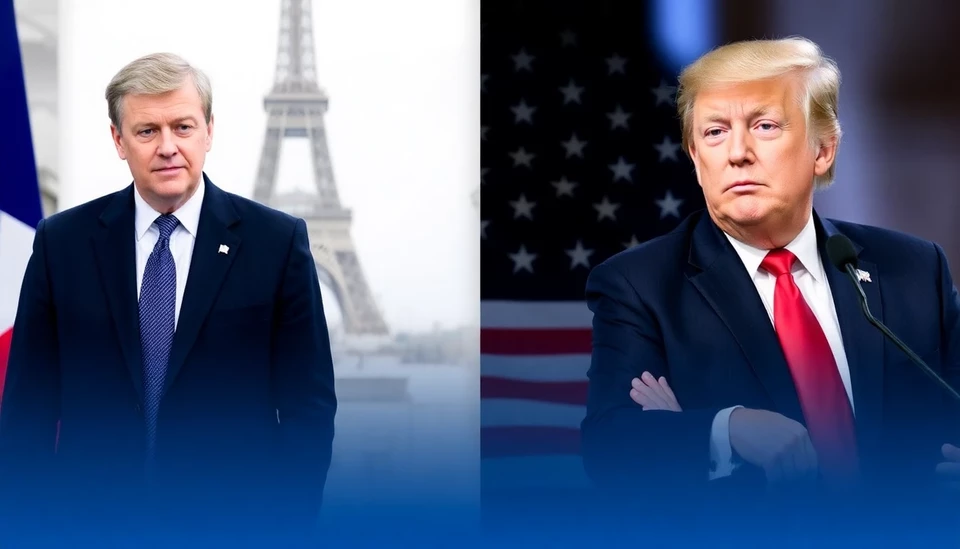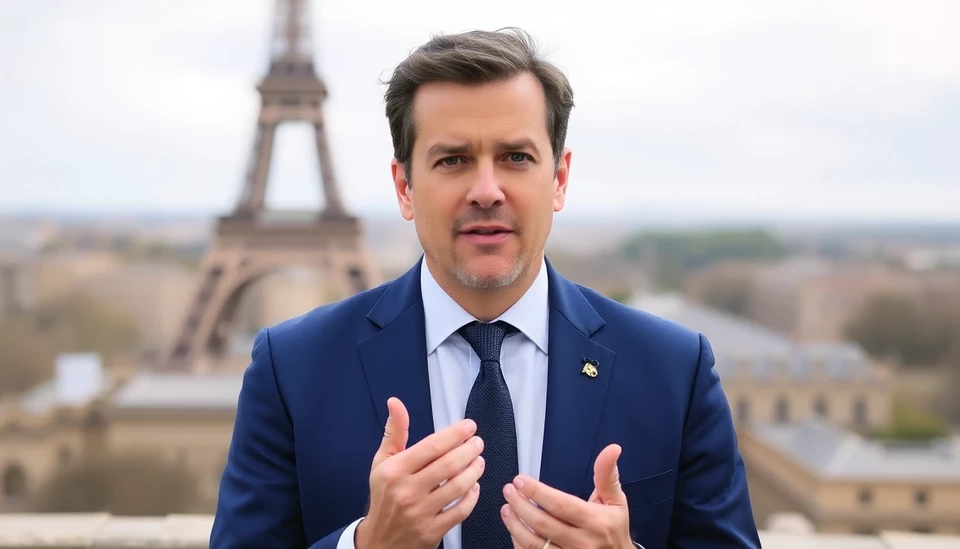
Recent economic data from France reveals a slight uptick in inflation, leading to increased discussion regarding the European Central Bank's (ECB) interest rate policies. The harmonized index of consumer prices (HICP) has indicated a modest increase in inflation, which may influence the ECB’s decision-making process as it considers potential rate cuts in the near future.
In December, the HICP recorded an annual inflation rate of 5.6%, a slight rise from 5.5% in November. This increment, while marginal, has raised eyebrows among economists as France grapples with economic growth challenges compounded by external factors such as fluctuating energy prices and global supply chain disruptions.
Experts suggest that the slight acceleration in inflation could serve as a cautious signal for the ECB, which has been navigating a delicate balance between curbing inflation rates and supporting economic growth within the eurozone. The bank’s actions have been under scrutiny, especially as inflation rates remain above the target of 2% in many member countries.
The ECB has been implementing a series of interest rate hikes throughout 2022 and 2023 in response to the region’s insistent inflation rates. However, this new data could lead to a reassessment of their aggressive rate policies. A prolonged period of slight inflation growth without any dramatic increases might give the bank the latitude to consider more modest cuts to interest rates.
Moreover, the recent economic forecasts reflect a priority for central banks to maintain stability while nurturing economic recovery, particularly in France, which has been showing signs of slowing growth. Analysts posit that if inflation continues to stabilize or decrease, the ECB might lean towards a more accommodating monetary policy stance in the upcoming months.
As the bank prepares for its next meeting, all eyes will be on how Friday’s inflation data will influence their discussions. Investors and economists alike are keen to discern whether this slight uptick is indicative of a longer-term trend or if it is simply a transient spike.
The potential implications of these developments extend beyond just France, as the eurozone as a whole is contending with similar inflationary pressures. The interconnected nature of European economies means that decisions made by the ECB will resonate across member nations, potentially impacting everything from consumer spending to investment patterns.
In conclusion, while the recent rise in inflation may appear slight, its significance should not be underestimated as the ECB deliberates on future rate adjustments. As the situation continues to evolve, stakeholders within the eurozone remain vigilant, assessing the impacts on economic stability and growth moving forward.
#France #Inflation #ECB #InterestRates #EconomicGrowth #Eurozone #CentralBank
Author: Rachel Greene




